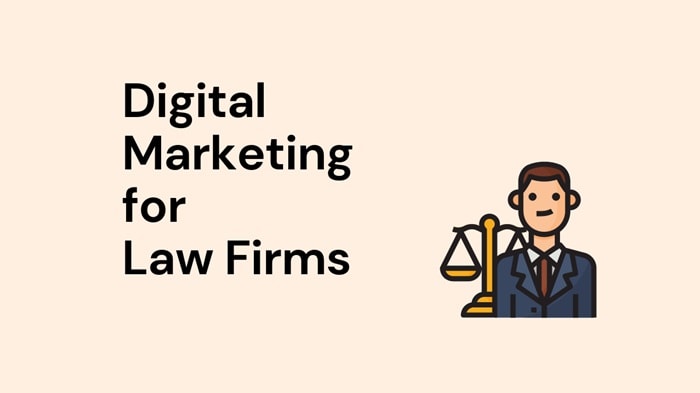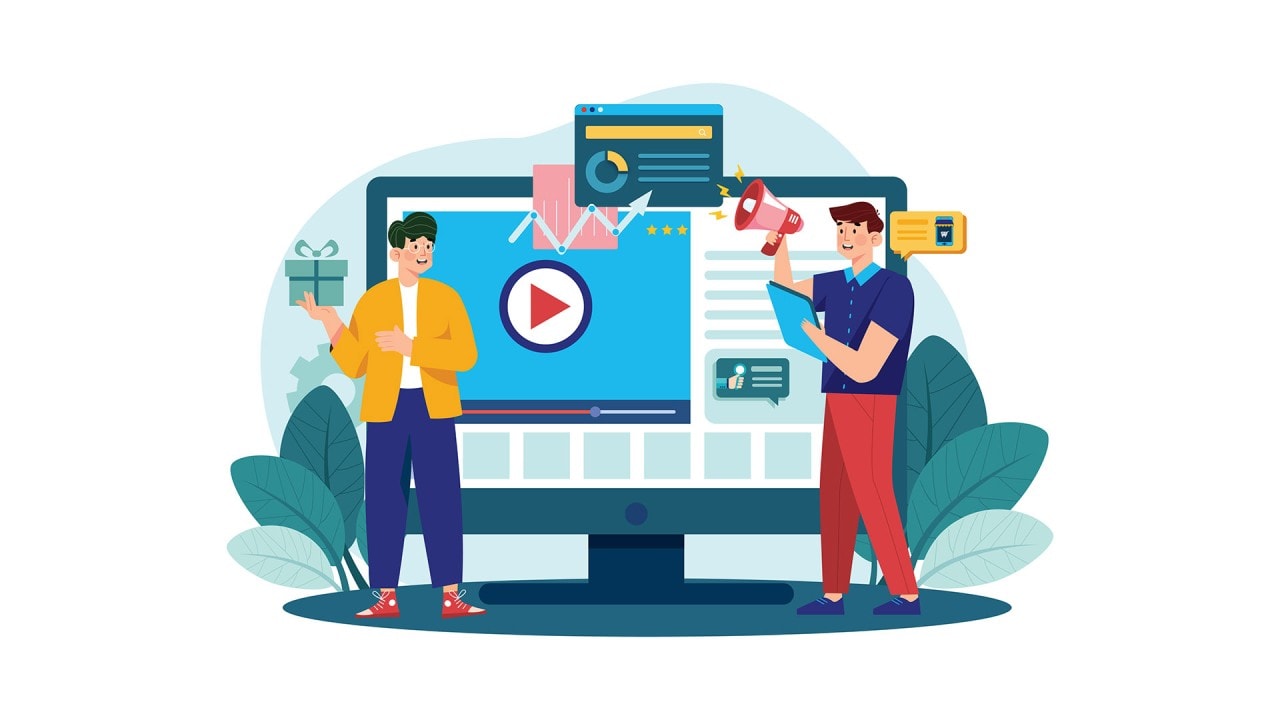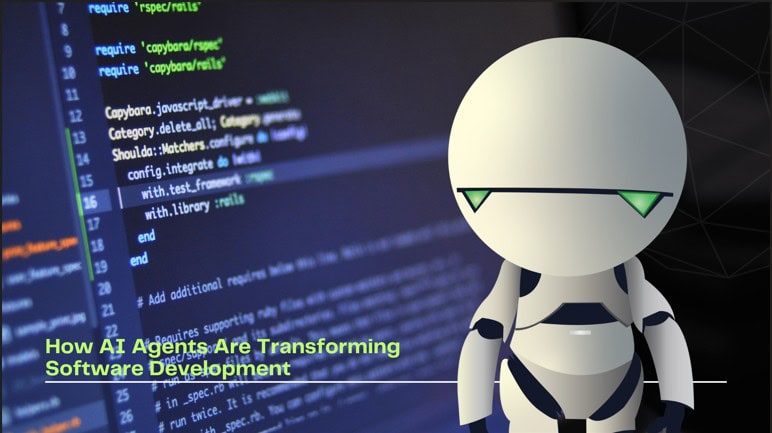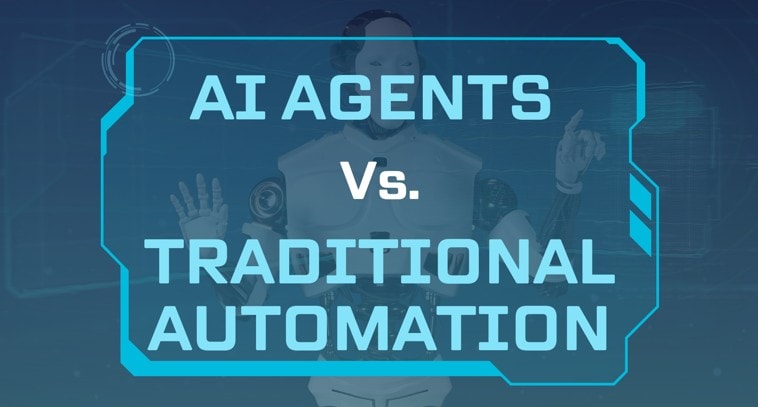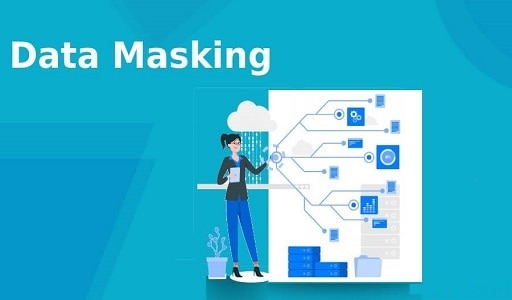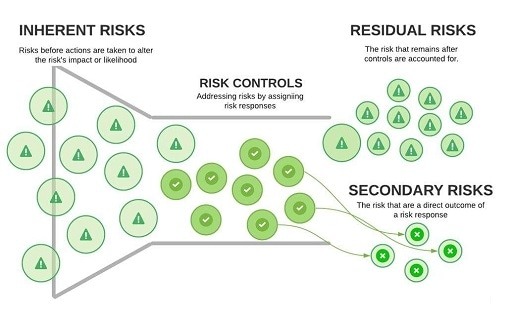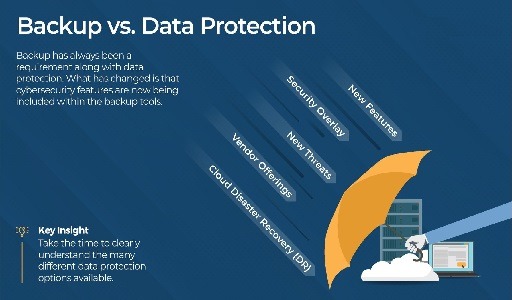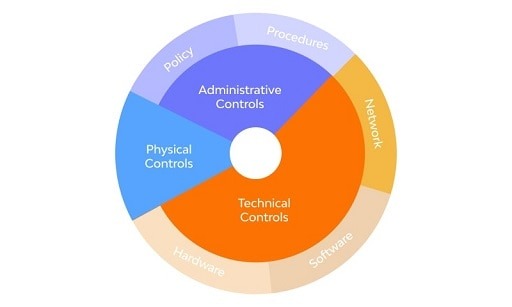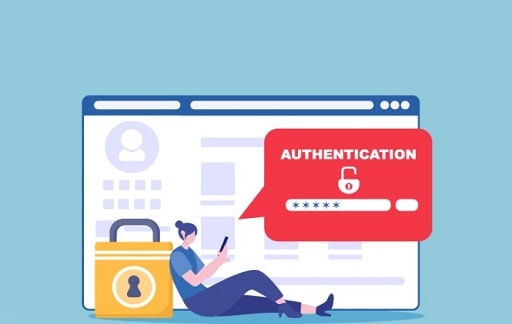CMS is an acronym for a content management system. CMS helps non-professional Internet users build, modify, and manage websites without having coding knowledge to publish websites, not from scratch. CMS is a template or extension that can be purchased for further customization.
With CMS, you create your website by inserting images, tables, and posts using a couple of buttons instead of coding in HTML, JavaScript, or other languages.
CMS has an intuitive interface for beginners; all coding changes are made in the background and stored in a content delivery application (CDA) that is sent to a content management application (CMA). CMA and CDA are the two main parts of CMS.

The benefits of using the CMS are not only in simplicity but also in the possibility to work with several users at the same time on the website with the provision of corresponding permissions, usage of built-in SEO features, additional security, and many more that are why it is crucial to choose the right CMS. Below are five tips on how to choose a good CMS.
You may also like: What is the meaning of Website Security?
The basic functionality of CMS
Before starting the website creation, you need to understand your audience of users, their needs, and what will be the main subject. Then, think about scenarios of usage. Also, it is essential to find a proper administrator to understand his capabilities. Based on that, you can define the basic features of CMS like:
- Type of CMS –Traditional or headless. Headless CMS is used for complicated visuals with many visual interactions; it deals with content. Traditional CMS manages both the content and the front end and controls from a single source.
- Availability of template themes alternatives.
- Integration with third-party applications and extensions.
- SEO tools.
- Granted roles and permissions if you have more than one person for managing the website.
- Possibility to revert to the previous version in case something goes wrong.
- Type of editor through which content is added and changed.
- Possibility to apply eCommerce integrations on the website.
- Possibility of scaling the website in case the traffic significantly increases in feature.
- Open source or not. If not, how does the CMS develop and update? Maybe some licensee fees are required.
- Support for the mobile version of the website.
- The complexity of technical architecture and ease of customization (this is important to check based on your administrator skills).
Based on CMS’s desired functionality, you can limit the choice of CMS on the market.
You may also like: What is Virtual Private Server (VPS): Everything you need to know
CMS hosting category
CMS can have several hosting categories: self-hosted, cloud-hosted, and software-as-a-service (SaaS). The type determines the amount of effort you need to perform for website maintenance. Also, you can plan your budget based on the host type.
- Self-hosted CMS is installed on your private web servers and is under your control, where you can manage and configure the server. With this type, you have the most control over CMS performance and security, but this is a costly solution.
- Cloud hosted CMS maintain the CMS by themselves; they are automatically updated, do backups and monitor their performance.
- SaaS CMS is the most independent of your decision type of CMS. You will receive control only to some parts of the website; you will lose some flexibility and customization options. This hosting option could be the cheapest.
Technical support
If you are creating the first website or you want to control the website maintenance in detail, you need to have the possibility to contact technical support. It is several important aspects of proper CMS support:
- The working hours of technical support. 24/7 is a better one.
- Type of communication (email, phone, or live chat). The phone is quicker and more reliable in case of difficult situations.
- Availability of training, video guidance, and instructions for CMS usage.
- A diverse community where you can ask tricky questions and get advice.
The more possibilities you have to communicate with professionals, the better the website with fewer bugs you receive.
Security features

The aspect of security is the most important on the Internet. It impacts the popularity of your website; websites with viruses are blocked and not rated by search engines. Also, hackers can control the website, redirect its traffic and steal your and your user’s data. So, you should check:
- CMS feature for site protection (firewall, web server configuration).
- Usage of SSL certificate.
- Trustable coding without backdoors, inserted viruses, and other vulnerabilities (open-source CMS could easily contain such inserts).
- Proper configuration of administrative rights.
- Regularity of updates.
Another important security feature is how safe you can change your chosen CMS without the loss of confidential information.
Check other websites
If you do not want to dig into details and do not understand technical characteristics, then an easier way exists—check the CMS of other popular websites. There are several online resources, and among them is Pr-CY.io, which allows determining not only used CMS but all other technologies on the resource.
You can also analyze the websites of competitors to understand where you can improve and do better. Such online checkers help to develop your website too, as they have many SEO tools to help you rearrange your content to attract more traffic. So, by checking several websites, you will receive a list of CMS, and following the first to the fourth tip you can choose the best CMS.
You may also like: Is QuickBooks Cloud Ideal for Small Businesses?
Conclusion
The choice of the best CMS should be based not only on its simplicity and price but also on its technical characteristics. So, do not forget to check CMS’s main features described in this article, as its availability and content decrease significantly your efforts in website maintenance.
Do not neglect CMS security features, as this is your protection to keep your website functional for a long period. Before publishing your website, do its test first.
You need to go section by section to find out all the bugs and problems; this will save you money and time in the future. Search engines rank it quickly after the website publishing ranks it; if the first ranking fails you need to request a new one, which requires some time. Searching for the best CMS is not an easy process and takes time; do not be in a hurry and be careful.
Would you like to read more about how to choose the best cms-related articles? If so, we invite you to take a look at our other tech topics before you leave!


